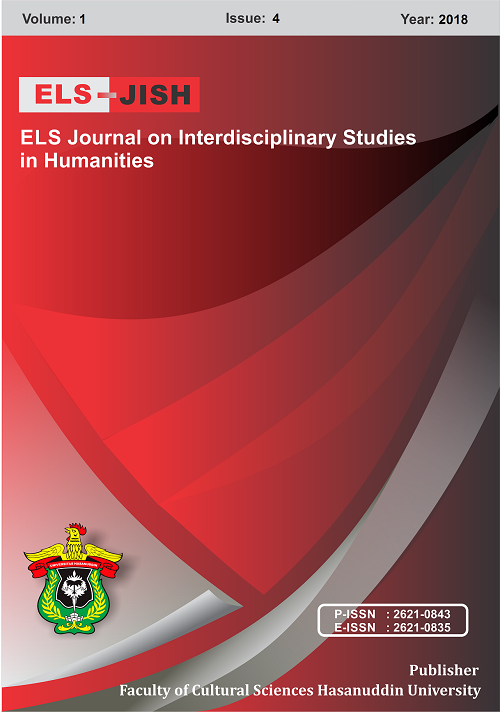Prescriptivism vs. Descriptivism; Defining the students’ need in Standardized Language Proficiency Tests
DOI:
https://doi.org/10.34050/els-jish.v1i4.5766Keywords:
Descriptivism, Prescriptivism, TEFL/TESL, High Stakes Test.Abstract
The debate between prescriptivists and descriptivist continuous to date, which interestingly affects the way the standardized language proficiency tests (should) work. The notion of correctness in such high stakes test raters attracts more attention in relation to fairness of using specific criterion in the assessment. The present paper discusses the belief of prescriptivism and contrasts it with the view of descriptivist – especially to what actually occurs in the Teaching English as a Foreign/Second Language. Therefore, the paper clarifies whether prescriptionist features are prominent in the learner approximations and need to be taught explicitly, and clarifies whether the learner errors encompass other elements and describing the target language to the learners is more important. There are four prescriptivist pronouncements discussed – splitting infinitive, stranding preposition, the use of will and shall, and the use of who and whom. The study found that there are two pronouncements that break the rule. Therefore, English practitioners – teachers, should ‘open’ themselves to both views and able explain explicitly to the students both historical overview and its standing position of the views to date. As for assessor, a tendency of using the exact, predictable, and stable rule are indeed significantly important. They, however, also need to realize the inevitable evolution of language and in that regard descriptivist should not receive any false judgement especially in the high stakes test.






